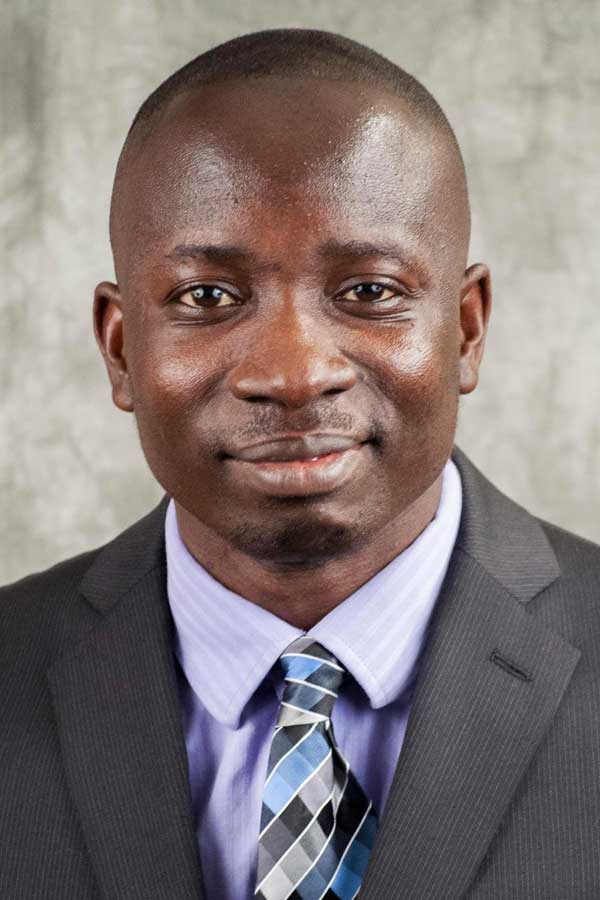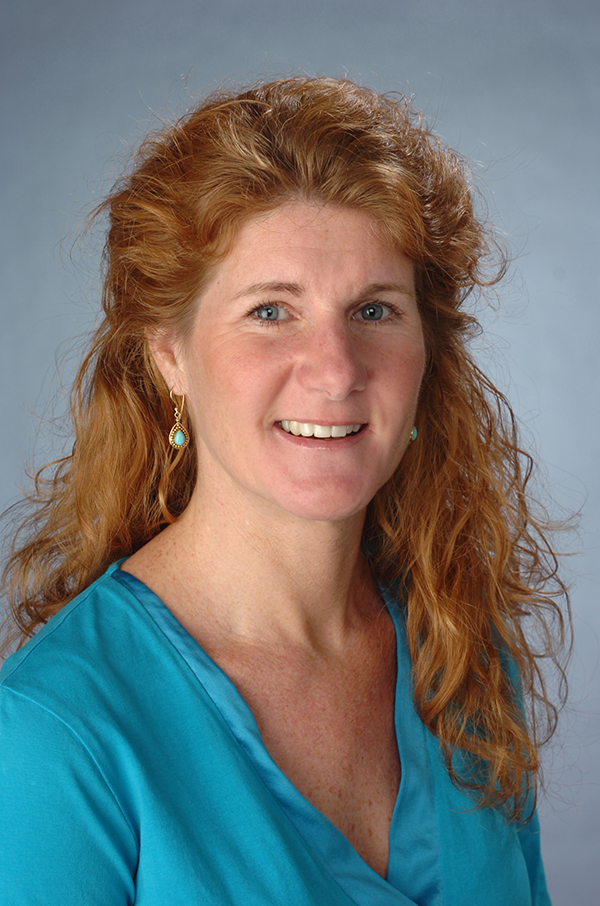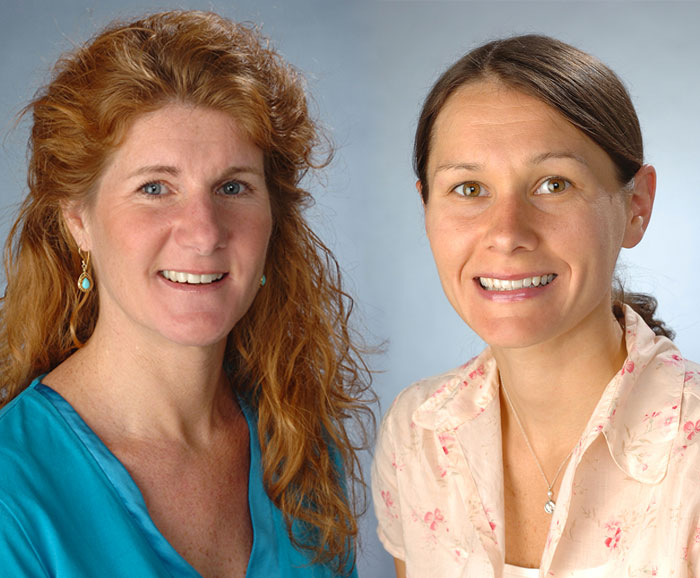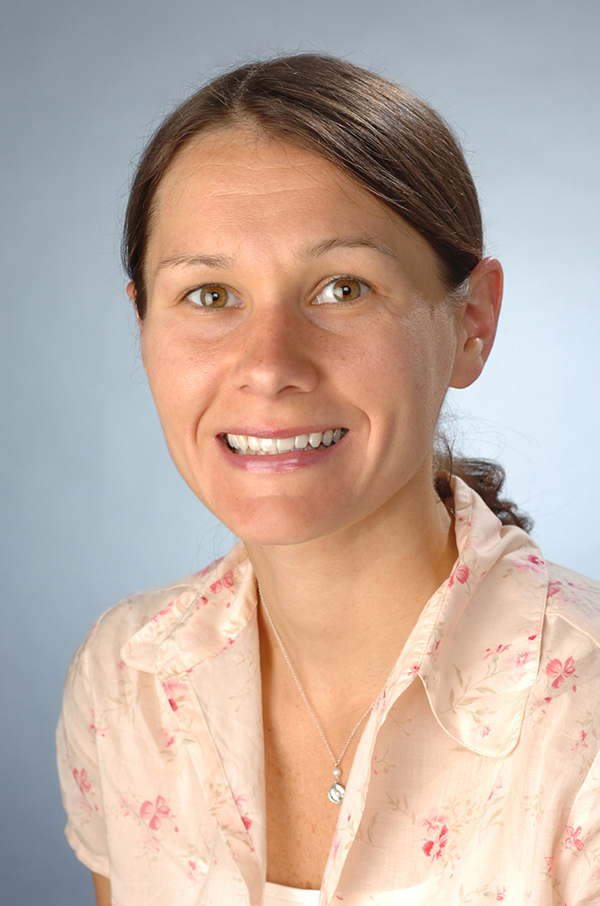Falk College strives to achieve excellence in education not only through good teaching but also through participation in active research. Our students benefit by learning from researchers who are working at the cutting-edge of knowledge, within well-equipped laboratories, and in projects that are both domestic and abroad. We encourage both undergraduates and graduate engagement to achieve not only a rewarding educational experience but also enhanced career opportunities upon graduation. Learn more about the different types of research awards.

2021-2022 SU CUSE GrantExploring Music Interventions and Mechanisms for Addressing Alcohol Use Disorder
College drinking remains a serious public health concern, with college students more likely to drink frequently, drink heavily, and meet criteria for an alcohol use disorder than their non-college peers. Around 9% of full-time, US college students ages 18 to 22 suffer from alcohol use disorder (AUD), which is defined as an impaired ability to stop or limit alcohol use despite adverse consequences. Risky college drinking is associated with substantial negative consequences, including academic and cognitive impairment, assault, injury, and death. Thus, interventions are needed to address risky college drinking.
Learn more about this research.

Extramural AwardCollaborative Research: SCH: Psychophysiological Sensing to Enhance Mindfulness-based Interventions for Self-Regulation of Opioid Cravings
Dessa Bergen-Cico, professor Public Health is the co-principal investigator along with principal investigator Asif Salekin, assistant professor Electrical Engineering and Computer Science on a novel grant from the National Science Foundation (NSF) titled Psychophysiological Sensing to Enhance Mindfulness-Based Interventions for Self-Regulation of Opioid Cravings. This study aims to support recovery from opioid use disorder (OUD), a leading public health problem in the U.S. Dr Bergen-Cico and Dr. Salekin will lead the development of wearable physiological sensing technologies that will help identify individual predictors of craving and relapse risk while also teaching participants how to use mindfulness-based practices to manage cravings and reduce neurophysiological responses associated with stress and relapse risks.
Learn more about this research.

2018-2019 SU CUSE GrantMechanisms of Change Associated with Mindfulness Training for People with Posttraumatic Stress: Triangulating Neural Networks, Biomarkers, Cognition and Behaviors
Clinical research has explored the efficacy of mindfulness-based interventions for a range of physical and mental health outcomes including posttraumatic stress (PTS); however, little is known about the neural and cognitive mechanisms of change resulting from mindfulness-based practices. Objective measures of changes in cognitive and neural networks associated with mindfulness-based practices would be valuable tools for researchers to expand understanding of the specific mechanisms of neural change associated with mindfulness practices, and to provide objective measures of PTS.
Learn more about this research.

Extramural AwardDessa Bergen-Cico Receives Fulbright U.S. Scholar Award to Thailand and Cambodia for Research on Mindfulness for Addiction Recovery
The U.S. Department of State and the J. William Fulbright Foreign Scholarship Board are pleased to announce that Dessa Bergen-Cico, Professor of Public Health at Syracuse University has received a Fulbright U.S. Scholar Program award to Thailand and Cambodia for her public health research Mindfulness in the Mekong. Dr. Bergen-Cico will research the use of Buddhist practices and mindfulness for recovery from addiction and traumatic stress in the Mekong region of Southeast Asia.
Learn more about this research.

Extramural AwardTrauma Resiliency in Urban Environments (TRUE)
The Trauma Resiliency in Urban Environments (TRUE) grant aims to implement and evaluate a trauma informed mindfulness-based program for pregnant women and mothers of young children affected by community violence and living in hot spots in the city of Syracuse. Syracuse is a community scarred by decades of pervasive gun violence, divided by gang-turf affiliation, and home to a substantial refugee population from war-torn regions. An estimated 90 percent of the children in the target community have been exposed to violence; majority have traumatic stress (PTSD) and/or other serious emotional and behavioral problems; 52 perecent of the adults in these hot spots meet criteria for PTSD.
Learn more about this research.

Extramural AwardMaternal Child Health Spot Booster
The Health Foundation for Western & Central New York recently awarded a $24,942 grant to the trauma intervention project, Maternal Child Health Spot Booster, led by Syracuse University’s Falk College Trauma-Informed Scholars in partnership with the Syracuse Trauma Response Team (TRT). The proposed sustainable intervention strategy aims to help preschoolers in the areas of the Syracuse community most affected by violence and the resulting trauma. Starting this fall, the research team will train Head Start teaching staff and bring mindful yoga intervention to 4- and 5-year-old classrooms at Merrick Head Start, part of the Syracuse City School District and Onondaga County’s federally designated Community Action Agency, PEACE, Inc.
Learn more about this research.
